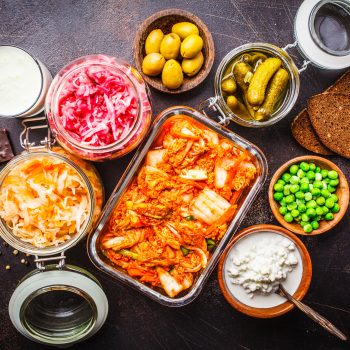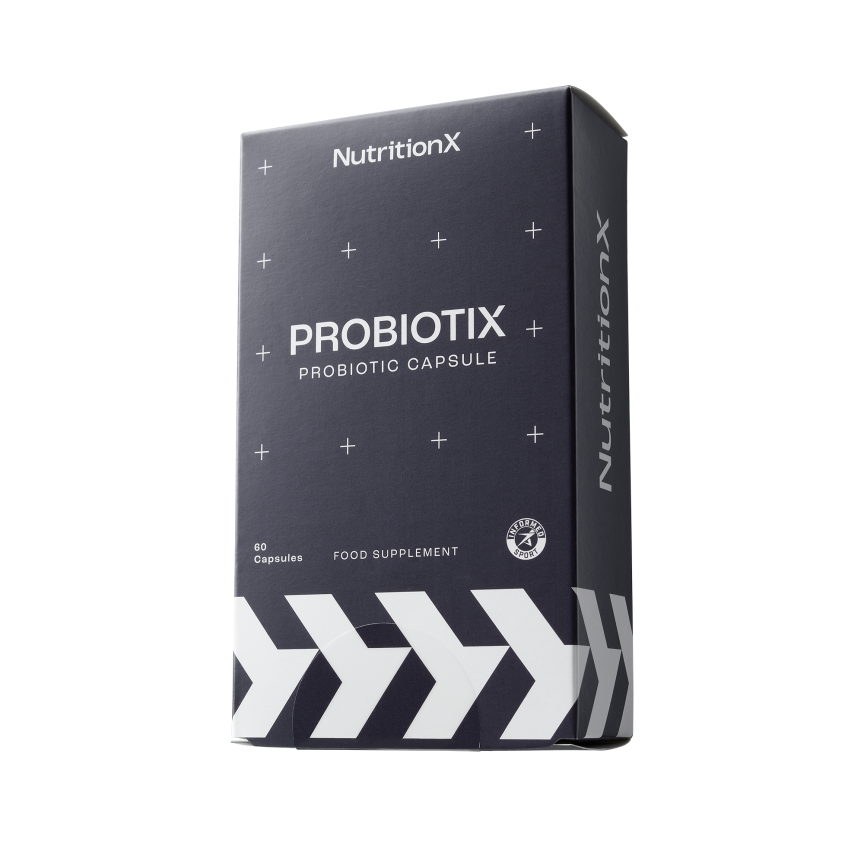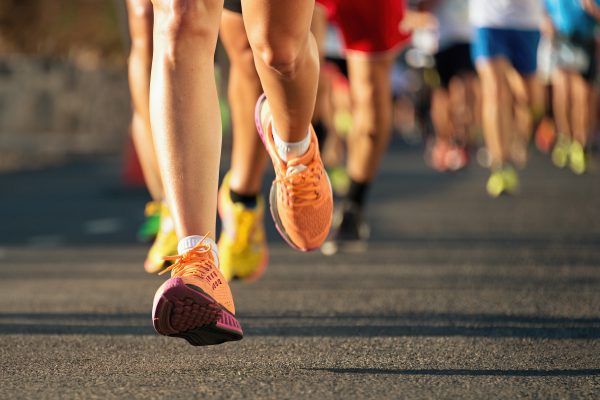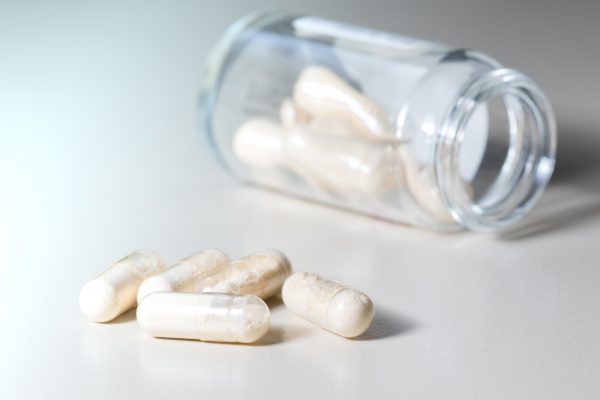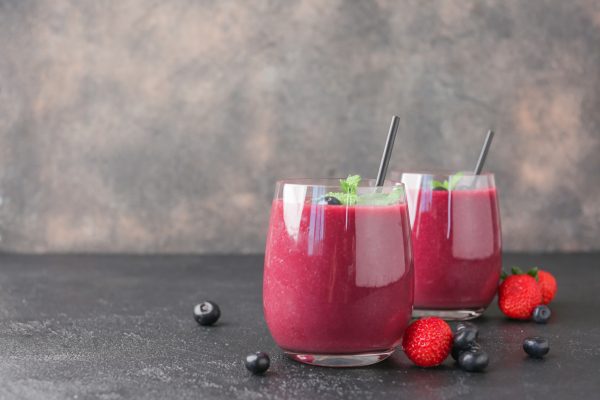You'll most likely have heard the term 'probiotic' thrown around when it comes to certain foods and supplements, as well as numerous claims about the benefits that so-called 'good' or 'friendly' bacteria can have when ingested. The question on our minds is, from an athlete's perspective, how can all of this help you perform at your peak?
Luckily for you, we've asked our in-house Performance Nutritionist Owen Woodley to give you a practical guide on both pre and probiotics; looking at key differences between the two, how they work and why they're important when it comes to athletic performance.
What are gut-friendly foods?
Foods such as yoghurt, cheese and tempeh contain friendly bacteria, which can help to promote a healthy immune system. As the colder weather starts to set in, interest in immune health inevitably starts to rise due to the increased risk of catching cold and flu viruses. It's unlikely that you will get through the winter period without picking up some form of upper respiratory tract infection (cough, runny nose, sore throat), however, consuming gut friendly foods may help to reduce the number, severity and duration of infections of this kind. This is particularly important for athletes who need to maximise their availability for training, and can't risk infections of this kind setting them back.
What’s the difference between pre and probiotics?
Probiotics are a common winter supplement, however, there is often confusion around the difference between prebiotics and probiotics. Probiotics are the friendly bacteria found in certain foods or supplements, whereas prebiotics are the source of food that feed the friendly bacteria in the digestive system. Many prebiotics are found in fruit, vegetables and wholegrains.
How do probiotics work?
Probiotics help to balance the bacteria in your gut by promoting the growth of friendly bacteria. This helps your body to fight pathogens and can help to defend against upper respiratory tract infections.
Why are they important for athletes?
Strenuous and prolonged exercise places an increased amount of stress on the body, none more so than the gastrointestinal tract. This increases the likelihood of gut disturbance, commonly known as gastrointestinal distress. Gastrointestinal symptoms are more common in prolonged endurance events (Costa et al, 2007) and it’s estimated that 30-90% of runners experience intestinal problems during exercise (de Oliveira et al, 2014). Specific strands of probiotics have shown to reduce gastrointestinal symptoms, which can help the athlete to maintain performance. In 2019, endurance runners that had supplemented with probiotics avoided gut discomfort during a marathon race (Pugh et al, 2019). Probiotics have also been shown to increase performance by increasing total carbohydrate oxidation (Pugh et al, 2020) as well as increasing VO2 max, aerobic power, training load and time to exhaustion in several other studies (Jäger et al, 2019).
Putting it into practice
Here are some easy examples of how to incorporate more gut-friendly foods into your day:
Breakfast
Fage yoghurt, honey, granola and mixed berries
Lunch
Tempeh and chickpea salad
Dinner
Miso salmon, wholegrain rice and mixed vegetables
Other sources include:
- Kefir
- Sauerkraut
- Kimchi
- Pickles
- Yakult
References
Costa, R. J. S., Snipe, R. M. J., Kitic, C. M., & Gibson, P. R. (2017). Systematic review: exercise‐induced gastrointestinal syndrome—implications for health and intestinal disease. Alimentary pharmacology & therapeutics, 46(3), 246-265.
de Oliveira, E. P., Burini, R. C., & Jeukendrup, A. (2014). Gastrointestinal complaints during exercise: prevalence, etiology, and nutritional recommendations. Sports Medicine, 44(1), 79-85.
Jäger, R., Mohr, A. E., Carpenter, K. C., Kerksick, C. M., Purpura, M., Moussa, A., ... & Antonio, J. (2019). International society of sports nutrition position stand: probiotics. Journal of the International Society of Sports Nutrition, 16(1), 1-44.
Pugh, J. N., Sparks, A. S., Doran, D. A., Fleming, S. C., Langan-Evans, C., Kirk, B., ... & Close, G. L. (2019). Four weeks of probiotic supplementation reduces GI symptoms during a marathon race. European journal of applied physiology, 119(7), 1491-1501.
Pugh, J. N., Wagenmakers, A. J., Doran, D. A., Fleming, S. C., Fielding, B. A., Morton, J. P., & Close, G. L. (2020). Probiotic supplementation increases carbohydrate metabolism in trained male cyclists: a randomized, double-blind, placebo-controlled crossover trial. American Journal of Physiology-Endocrinology and Metabolism, 318(4), E504-E513.



